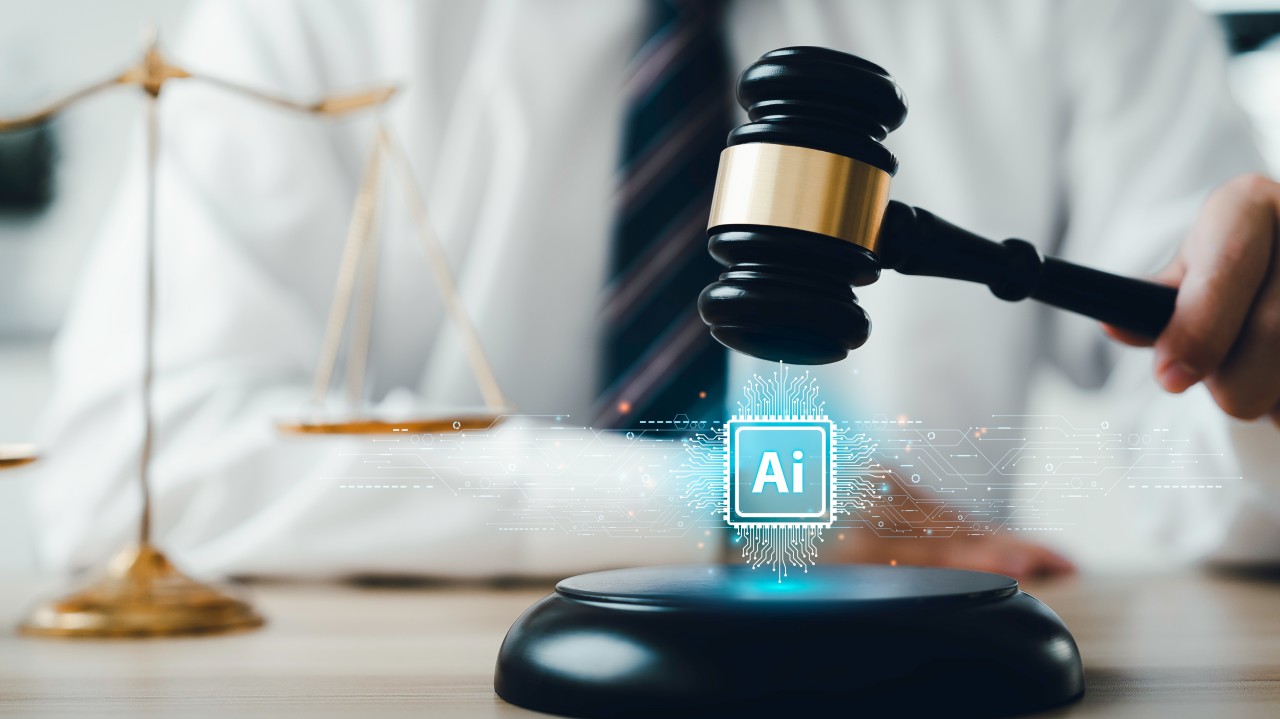The Rise of Artificial Intelligence and How It Will Change Society
Artificial intelligence (AI) is now an essential part of our daily lives and work. Technologies such as voice assistants, recommendation systems, self-driving cars, and medical scans are changing the way we live and work. As AI systems become more powerful and widespread, important ethical questions arise about how AI should be built, used, and managed. In 2025, it will be more important than ever to understand the ethics of AI so that these technologies can help humanity with the least possible harm.
What is the meaning of AI ethics?
If you want to develop and use artificial intelligence, you must adhere to certain ethical rules. These rules are called AI ethics. They cover issues such as fairness, accountability, privacy, and impartiality. The goal of AI ethics is to build systems that respect human rights, pursue fairness, and avoid unintended consequences that could be harmful to individuals or groups.
Why Responsible AI Matters Today
In many places, AI is developing faster than rules and ethics. This gap creates the potential for abuse of power, unfair treatment, and loss of trust. Responsible AI practices can help mitigate these risks by making AI systems more open, ensuring that AI choices can be understood and challenged, and protecting user data from misuse. By making responsible AI a priority in 2025, a company will not only avoid legal and societal harm, but also gain the trust and love of its customers.
Key Ethical Issues in Artificial Intelligence
A major ethical concern is algorithmic bias, which occurs when AI systems unintentionally perpetuate societal injustices. For example, facial recognition technology has been shown to make more mistakes with certain groups of people, leading to unfair treatment. Another concern is privacy, as AI often requires a lot of personal information. If this information is not properly protected, it can be misused or made public. Another problem with black box AI models is that they make it difficult for humans to understand the decision-making process, which makes it harder to hold people accountable.
Rules for Responsible AI
Many groups and countries are choosing core values such as fairness, responsibility, openness and data protection to drive responsible AI. Fairness ensures that AI systems do not treat any person or group unfairly. Accountability means taking clear responsibility for the outcomes of AI and coming up with solutions to problems that arise. Transparency means that AI processes are clearly explained to users and other key people. Privacy protection means that personal data must be processed securely and only with consent.
Putting AI Ethics into Practice
Responsible use of AI requires teamwork from multiple disciplines. AI writers must consider ethical issues from the beginning of the planning process by checking for bias and ensuring that samples are diverse. Companies must set up control systems, including ethical panels and auditing methods. Easy-to-understand AI methods can increase transparency by showing how the models work. Ethical risks can also be detected and mitigated through regular inspections and effectiveness studies.
Rules and Policies section
Governments around the world are increasingly focusing on regulating artificial intelligence to ensure that it meets ethical standards. Many countries have passed laws that require companies to demonstrate that AI is open, protects user privacy, and prevents misuse. Compliance with these rules is essential for companies to conduct business legally and ethically. Policymakers, business leaders, and academics must work together to develop fair rules that encourage new ideas while protecting the public interest.
Building trust in AI
For AI systems to be widely used, people must trust them. When people perceive AI systems as fair, safe, and responsible, they are more likely to use them. Companies can earn trust by being transparent about how they use AI, giving partners a say in decisions, and listening to their concerns. Ethical AI practices not only keep users safe, but strengthen
If they understand and accept the ethics of AI, they can protect society from its risks. To create a world where AI works for everyone, we need to make ethical choices now.




